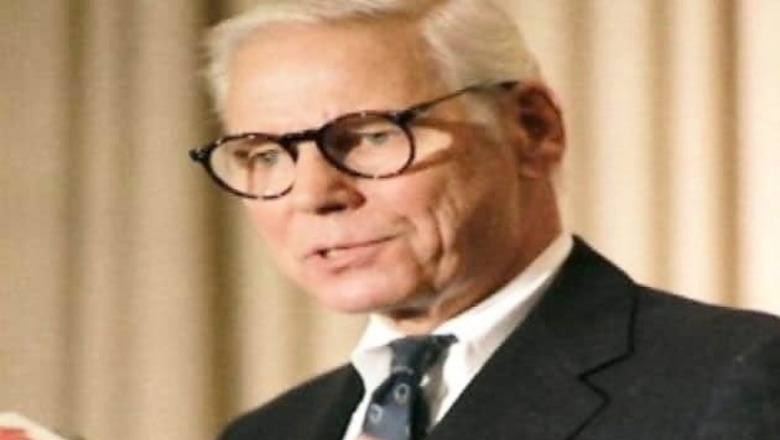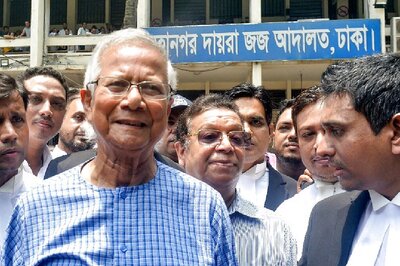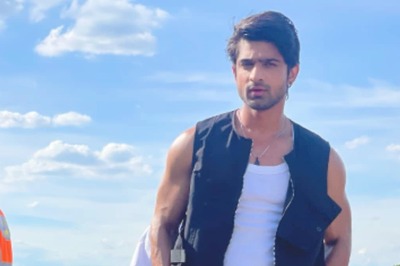
views
New Delhi: The Indian government had assured "safe passage" to then Union Carbide chief Warren Anderson after he expressed a desire to visit Bhopal to demonstrate concern over the 1984 deadly gas tragedy, the former deputy chief of mission of the US embassy has said.
Now a visiting professor of economics at Emory University in the US, Gordon Streeb was the deputy chief of mission at the US embassy in New Delhi when poisonous methyl-isocyanate gas leaked from the Union Carbide pesticide plant on December 2-3 night, killing nearly 3,000 people instantly and many thousands over the years.
Streeb recalled that Union Carbide contacted the embassy indicating that its chairman, Anderson, wanted to fly to India to see for himself what had happened and to show "concern for the victims" at the "highest level of the company".
"The issue was whether he would be guaranteed access to the site and eventual safe return to the US," Streeb told IANS in an e-mail, adding: "This was a reasonable precaution since legal systems differ so widely around the world."
With the US Ambassador, Harry G. Barnes, out of India, Streeb was liaising with the ministry of external affairs on the sensitive issue.
The ministry "advised that it would be a very welcome gesture if Anderson could come to India and that the government of India could assure him that no steps would be taken against him during his visit".
Anderson came to India and reached Bhopal with the plan to meet with then Madhya Pradesh chief minister Arjun Singh.
Instead, he was arrested on December 7 by the state police.
"I immediately contacted the foreign ministry and was assured that the government of India would honour its commitment to provide Anderson safe passage in and out of India," said Streeb in his communication to IANS.
Based on the Indian government's assurance, Anderson was brought to New Delhi and "departed on the next commercial flight back to the United States".
Streeb said that then foreign secretary, M K Rasgotra, had been his chief interlocutor during this period.
"I am in no position to comment on the decision making process within the government of India -- that is who made the decisions referred to above and how Anderson's release was arranged," said Streeb, who is also member of the India China America Institute's advisory board.
While Arjun Singh has still not spoken publicly about the incidents, ministers have said that the decision to let Anderson leave Bhopal was strictly a law and order decision.
A Bhopal court had Jan 1, 1992 issued a notice for Anderson's appearance before it. After Anderson failed to turn up, non-bailable arrest warrants were issued against him.
In 2003, India sent an extradition request for Anderson to the US Justice Department, which rejected it in 2004. The last request for extradition by the ministry of external affairs was made in September 2008.




















Comments
0 comment